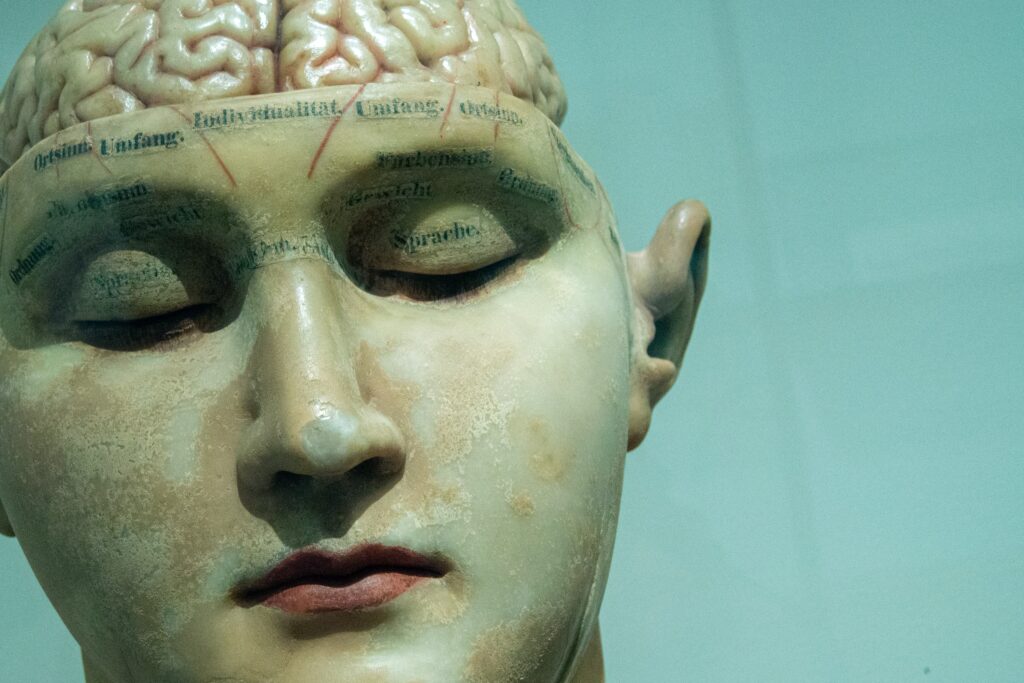Johnny, Amber, and Me
Reading Time: 2 minutes.

The impacts of social media on the legal system are still poorly understood, and the tools available to us before and during trial are limited. I was quoted in a recent ABA Journal article about the Depp/Heard trial.
“The burden is on the lawyers—and to some extent, on the trial judge—to use with greater vigor than in the past available tools like meaningful juror questionnaires and extended voir dire,” says Jack Sharman, partner and chair of the white-collar criminal defense and corporate investigations practice group at Lightfoot, Franklin & White.
“One of the issues is that lawyers are often too hesitant to address the topic directly for fear of alienating jurors, Sharman says. The standard admonitions from the bench to not look on Facebook are usually of only modest effect: Lawyers and judges need to be more blunt, he says.
“If the budget allows, Sharman says, a firm could hire a sophisticated team to monitor social media traffic. “Such monitoring could provide an input into juror mindsets and potentially help shape arguments,” he says, adding that this could have obvious ethical implications.”
Danielle Braff, How social media hijacked the Depp v. Heard defamation trial, ABA Journal (October 1, 2022)
(Unfortunately, the full article is behind the ABA paywall).

We have addressed social media, trials, and decision making before: Courtrooms & Crime Fiction: Chik-Fil-A, Core Unknowns and the Presumption of Guilt